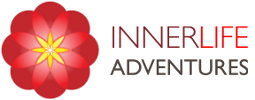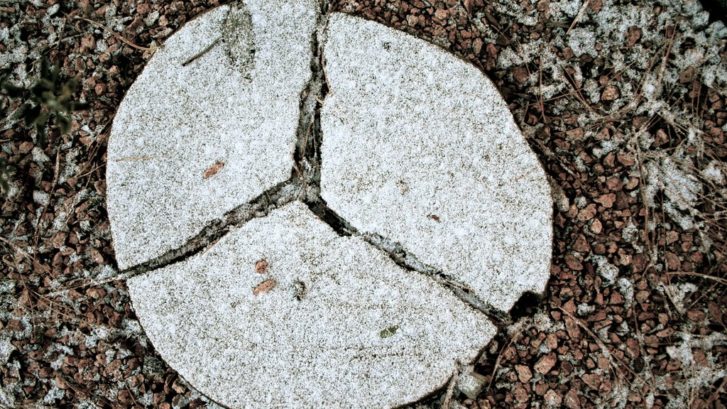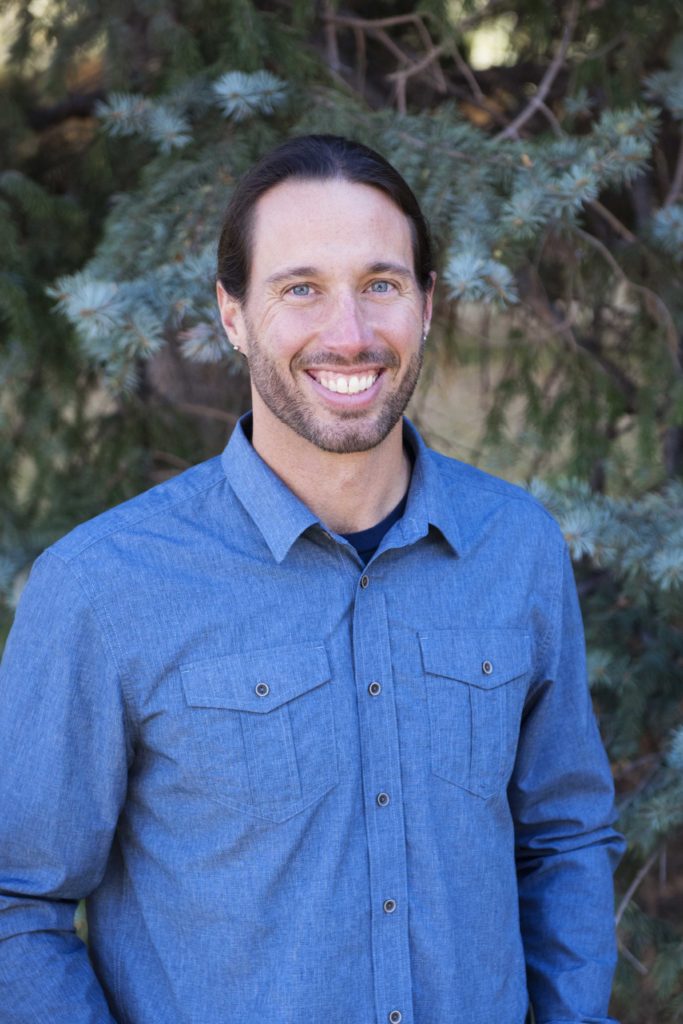Thankfully, there is no shortage of advice available on how to reduce stress and have more peace. In our (over) information age, practically any mainstream media, social media and all the flavors of helpers have made clear the benefits of mindfulness, yoga, exercise, and ….
Yet for some reason, people are still struggling, in some ways more than ever! Why is that?
Yes, you could point to the pandemic along with social and political upheaval, however if we are really honest, you’ll see these problems existed long before 2020. In the Interpersonal Process Men’s group I run, whenever someone would start to blame the pandemic and social isolation, I would ask, “So which of these problems that you are struggling with the most are new since the start of the pandemic?” The answer was always none of them.
When I get new clients that have been aware of all the advice of the media, the beginning sessions sometimes sound like, “I know I just need to meditate more or exercise more or talk to my partner about it and it will all be fine.” That’s not wrong, but it ignores the fact that something is keeping them from actually doing it, and worse it can be turned into a “should weapon.” That is “I should do this, I know this, what is wrong with me for not.”
Further, all of these skills fall into the category of “coping skills.” These are things that you can do to either immediately or proactively reduce stress and live a more healthy life. They don’t, however, actually change any of the deeper patterns that create high levels of stress in the first place. I’ve worked with many highly educated, top of their field type people who have very disciplined self care and meditation practices yet are still struggling and suffering deeply. The higher you climb and the higher the stress, the more coping skills become a bandaid, not a cure.
So what brings true peace then? In my experience, it is knowing yourself deeply – which includes knowing your human ego and what influences it as well as knowing your soul and being in harmony within yourself. This means disarming the critical voices and being able to love and see the value of all parts of us. Once we know these things, we can then live in better balance and alignment with our values and purpose. This does not mean retreating from society, changing careers, having a better education or better paying job. Rather, it means you know how to engage fully with life effectively coming from a place of knowing and trusting in yourself.
“In the midst of winter, I found there was, within me, an invincible summer.
And that makes me happy. For it says that no matter how hard the world pushes against me, within me, there’s something stronger – something better, pushing right back.”
― Albert Camus
Fully knowing yourself and coming to a fuller consciousness happens through living life, and through honest self reflection and self appraisal which can happen only in context of relationship with other. If we do it alone, we stay stuck because we can’t see our blind spots. Meditation and mindfulness is a great start and an essential tool. But it doesn’t fully illuminate all parts of ourselves like being in a therapeutic relationship with a trusted mentor guide, therapist, or friend.
So, don’t just settle for coping while adding more and more self-care to your busy schedule, especially if you then don’t get it done and beat yourself up about it. Healthy coping and self care routines are a great start and necessary foundation, but eventually you’ll need to get off the treadmill and carve out the time to truly know yourself in your shadow and in your brilliance. And then you will be free to thrive in the world, no matter what challenges are thrown at you.
Chuck Hancock, M.Ed, LPC is a Licensed Professional Counselor in the state of CO. He has completed comprehensive training in the Hakomi Method of Experiential Psychotherapy, a mindfulness mind-body centered approach. Chuck guides individuals and groups in self-exploration providing them with insight and tools for change. He also incorporates nature as a therapy tool to help shift perspective and inspire new patterns.


